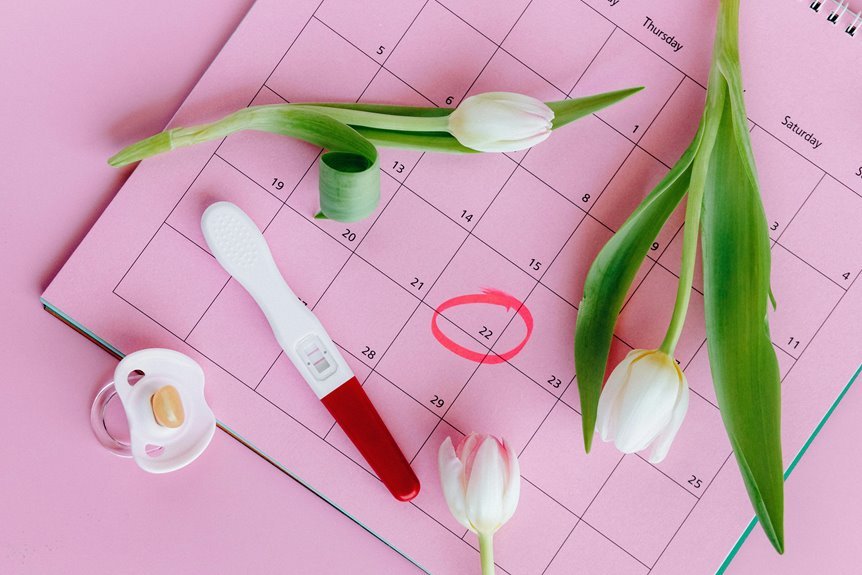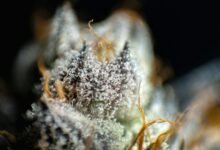Does Cbd Test Positive

The relationship between CBD and drug testing is often misunderstood. While CBD itself does not usually trigger a positive drug test, many products contain trace amounts of THC. This THC can lead to unexpected results for users. Understanding the nuances of product labeling and testing methods is crucial for anyone concerned about potential implications. What factors should users consider to minimize the risk of a positive test?
Understanding CBD and THC: The Key Differences
A fundamental distinction exists between CBD (cannabidiol) and THC (tetrahydrocannabinol), the two most prevalent compounds found in cannabis.
CBD is celebrated for its potential health benefits, including anxiety relief and anti-inflammatory properties, without producing psychoactive effects.
In contrast, THC is known for its intoxicating effects, which can alter perception and mood.
Understanding these differences is crucial for consumers seeking specific outcomes from cannabis use.
How Drug Tests Detect THC
Understanding the differences between CBD and THC is important, particularly when considering how drug tests identify THC in the body.
Drug test methods primarily detect THC metabolites, which are compounds resulting from THC breakdown. Common testing approaches include urine, blood, and saliva tests.
These methods focus on identifying the presence of metabolites, indicating past THC use, rather than the cannabinoid itself.
Factors Influencing Drug Test Results for CBD Users
Although CBD is non-psychoactive and typically does not show up on standard drug tests, several factors can influence the test results for users.
CBD purity plays a crucial role, as products with higher THC levels may lead to positive results.
Additionally, testing methods vary; some are more sensitive and capable of detecting trace amounts of THC, potentially impacting outcomes for CBD consumers.
Tips for Using CBD Responsibly and Avoiding Positive Tests
When using CBD, individuals should be mindful of product selection and consumption practices to minimize the risk of testing positive for THC.
Choosing high-quality, broad-spectrum CBD products can help ensure low THC content.
Additionally, monitoring CBD dosage and practicing responsible consumption—such as avoiding excessive use—will further reduce the likelihood of unwanted test results, promoting a safer experience for users.
Conclusion
In conclusion, while CBD itself is unlikely to trigger a positive drug test, the presence of THC in many products can pose risks for users. As society navigates the complexities of cannabis legality, individuals must remain vigilant about product selection and labeling. By understanding the nuances of CBD and THC, users can make informed decisions, avoiding the pitfalls reminiscent of a bygone era where ignorance led to unjust consequences. Responsible use is key to ensuring peace of mind.





